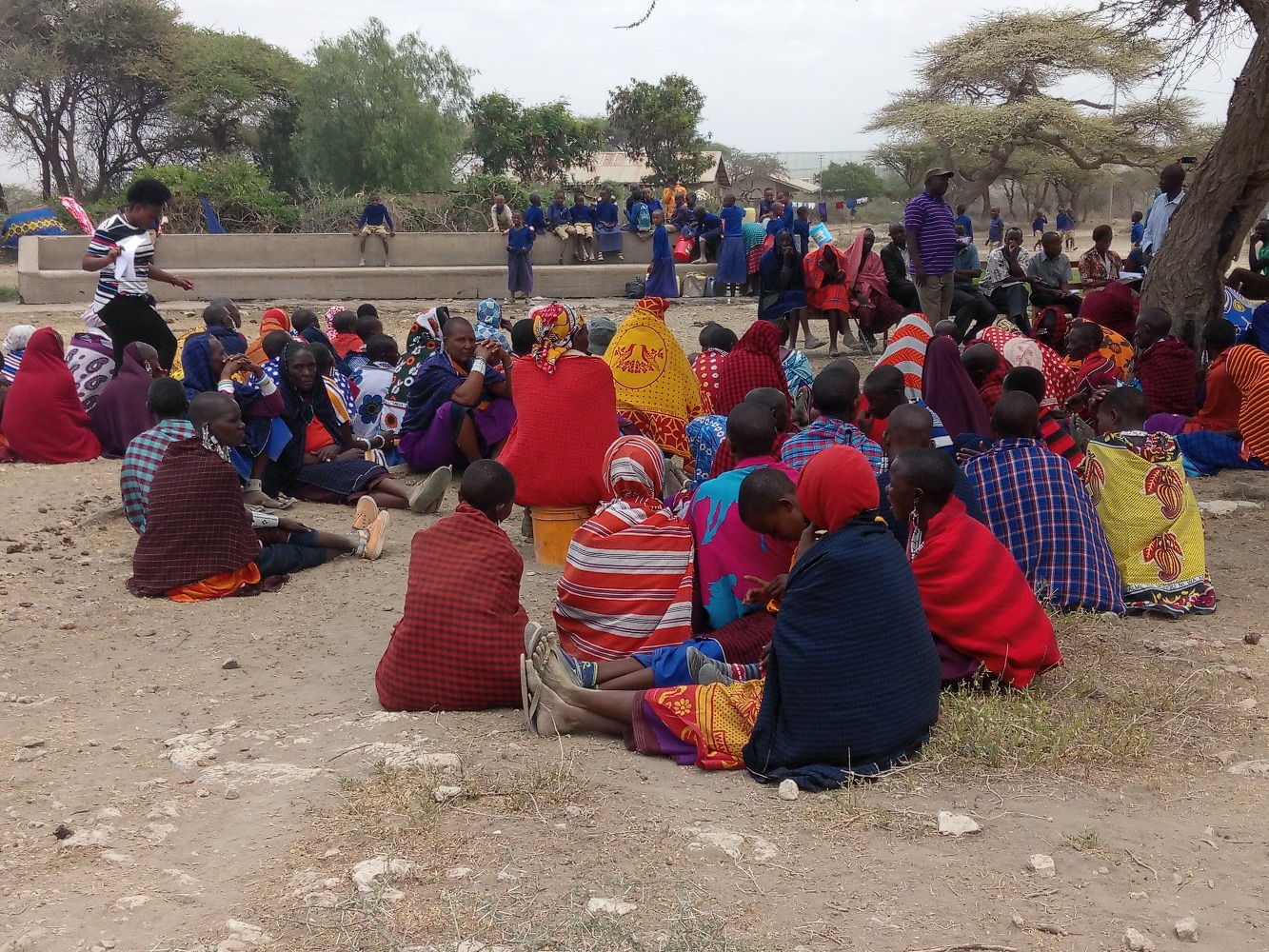Climate change project, Longido
The climate change project has been of importance to the Maasai community in Longido district. the Project was supported by GEF through UNDP and implemented by TAEEs in 3 villages of Engikaret, Kiserian and Ngereyani where about 5345 people benefited from the project.
Project activities included planting of climate resistant tree species to schools (secondary and primary) for easy management and watering and at district headquarter.The project managed to plant 2100 trees of the following species
- Croton megalocarpus – 1,050,
- Cordia Africana (mlingalinga) – 300
- Markhamia Lutea – 550
- Albizia species (Msesewe) – 200
From the training, 158 participants (66 men and 92 female) were trained on the importance of tree planting at their surroundings to support of desertification efforts, fight against drought in their areas, improve windbreak capacity, increase dust capture to help reduce dust intensity at households.
It is estimated that the project contributed to increase carbon sink in Longido to an estimate of sequestered 47,628kg of CO2 per year as a contribution in fighting climate change and greenhouse gas emissions in the area.
In terms of combating desertification initiatives in the area, the project has covered about 3.5ha and this contributes to fight against desertification in Longido district.
Nevertheless, the project will have as well contributed to restoration of natural forest and vegetation cover due to beekeeping in the area which remarks contribution achievement to the adaptation of climate change variations
The project also facilitated community on poultry rearing where about 300 chickens were provided to formed and registered community groups and assisted them to open bank accounts for safe keeping money generated from the project they run. So far, the project had multiplication effect where each group member managed to have 5-8 chickens each and within first 2 months, they had raised to 200 chickens on top of 300 given checks.
By the end of the project, women had started selling eggs while the family were as well being fed with eggs to children and this added nutrition value to children in particular.

